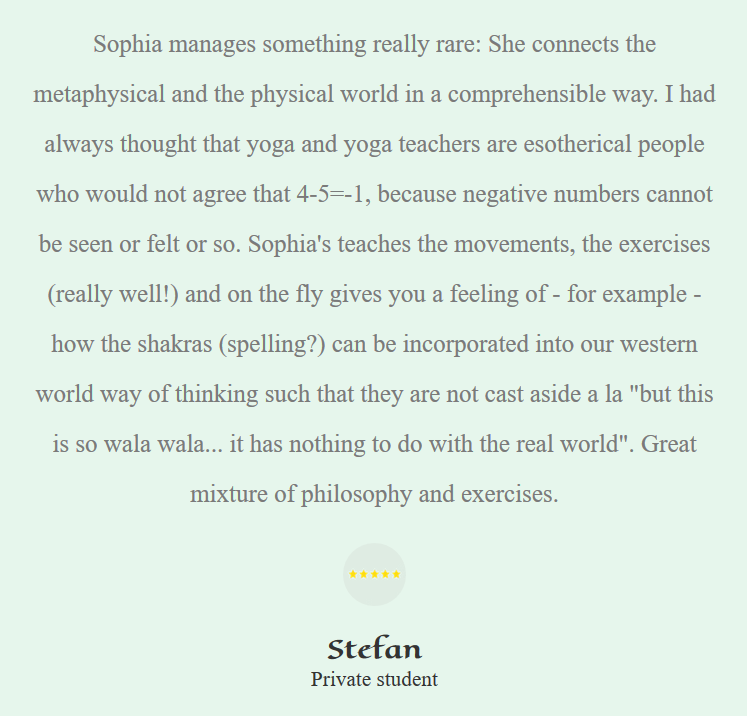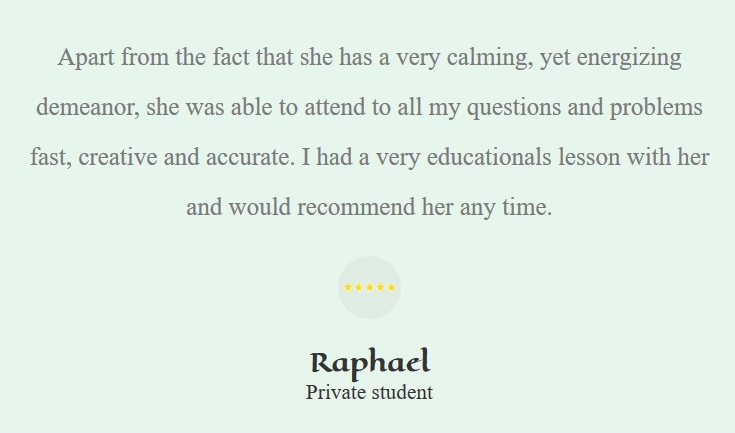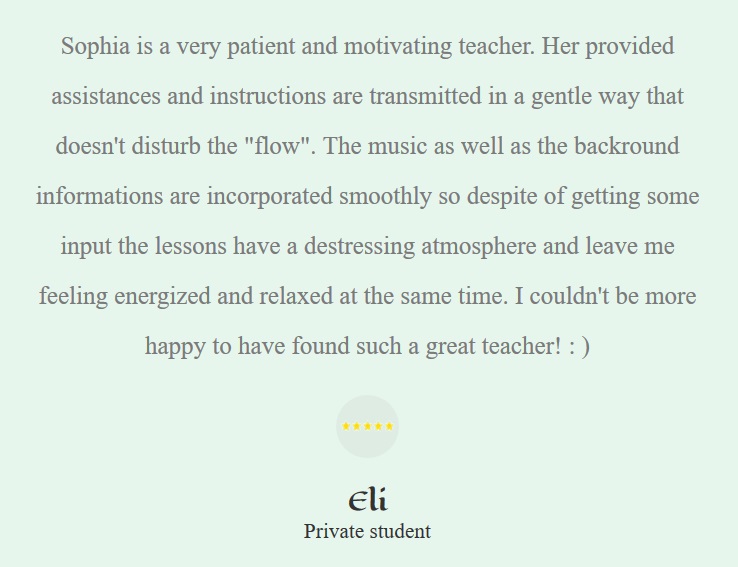Meditation

“The mind can go in a thousand directions, but on this beautiful path, I walk in peace. With each step, the wind blows. With each step, a flower blooms.” ― Thich Nhat Hanh
Meditation is a daunting practice for many - it is so simple that many think it dispensable yet, while simple, it is by no means easy and that is the other reason many dismiss its practice. In my opinion, I cannot "teach you to meditate"; what I can do is to help you stop doing all the other things that you do instead when you tell yourself that you are "going to meditate now". I find that it helps to provide some explanation for our rationale - especially with beginners - to be content and relax, as many people's first reaction is a kind of worry that they might get hypnotized or that they might "fail at it". There is no such thing as failing at meditation, however. Meditation is widely studied in the western world and found more and more to be an integral part of healthy living. In fact, meditation has always been practised in the West although mantras, names and the look of it may have differed. The fact of the matter is, meditation is like the mind's own holiday AND strength-and-resistance-training all in one, and that is just the practical side of it. On a more holistic note, it has to be said that meditation opens up to you your inner world of awe and wonder. Not everything you find is beautiful at first, but everything is you. Learning to lovingly change what needs changing is just as much a part of the practice as embracing what is uniquely you. Meditation is not about "switching off" your mind - your mind is a wondrous thing and there is no off switch. Meditation is about finding calm and peace and strength and focus at the same time.
Yoga chitta vritti Nirodhah - Yoga is to control the fluctuations of the mind. ~ Patanjali

During clases I often find it helpful to introduce the practice with a short explanation if students are new. If not, I sometimes give a guided start, sometimes a focus sound, sometimes pure silence. This depends very much on the way my students appear that day. I do my best to read the class and give them just exactly what the situation calls for - guidance or space. I tend to start meditation classes with a little Pranayama though, just to get student's minds to their breath and feel a sense of doability.



Meditation

“The mind can go in a thousand directions, but on this beautiful path, I walk in peace. With each step, the wind blows. With each step, a flower blooms.” ― Thich Nhat Hanh
Meditation is a daunting practice for many - it is so simple that many think it dispensable yet, while simple, it is by no means easy and that is the other reason many dismiss its practice. In my opinion, I cannot "teach you to meditate"; what I can do is to help you stop doing all the other things that you do instead when you tell yourself that you are "going to meditate now". I find that it helps to provide some explanation for our rationale - especially with beginners - to be content and relax, as many people's first reaction is a kind of worry that they might get hypnotized or that they might "fail at it". There is no such thing as failing at meditation, however. Meditation is widely studied in the western world and found more and more to be an integral part of healthy living. In fact, meditation has always been practised in the West although mantras, names and the look of it may have differed. The fact of the matter is, meditation is like the mind's own holiday AND strength-and-resistance-training all in one, and that is just the practical side of it. On a more holistic note, it has to be said that meditation opens up to you your inner world of awe and wonder. Not everything you find is beautiful at first, but everything is you. Learning to lovingly change what needs changing is just as much a part of the practice as embracing what is uniquely you. Meditation is not about "switching off" your mind - your mind is a wondrous thing and there is no off switch. Meditation is about finding calm and peace and strength and focus at the same time.
Yoga chitta vritti Nirodhah - Yoga is to control the fluctuations of the mind. ~ Patanjali

During clases I often find it helpful to introduce the practice with a short explanation if students are new. If not, I sometimes give a guided start, sometimes a focus sound, sometimes pure silence. This depends very much on the way my students appear that day. I do my best to read the class and give them just exactly what the situation calls for - guidance or space. I tend to start meditation classes with a little Pranayama though, just to get student's minds to their breath and feel a sense of doability.


